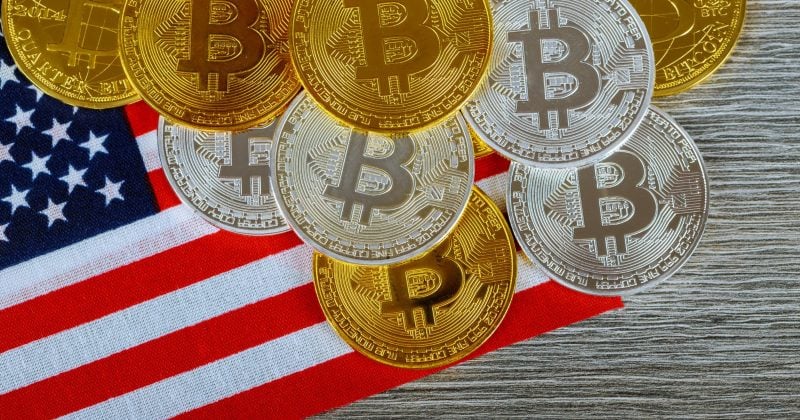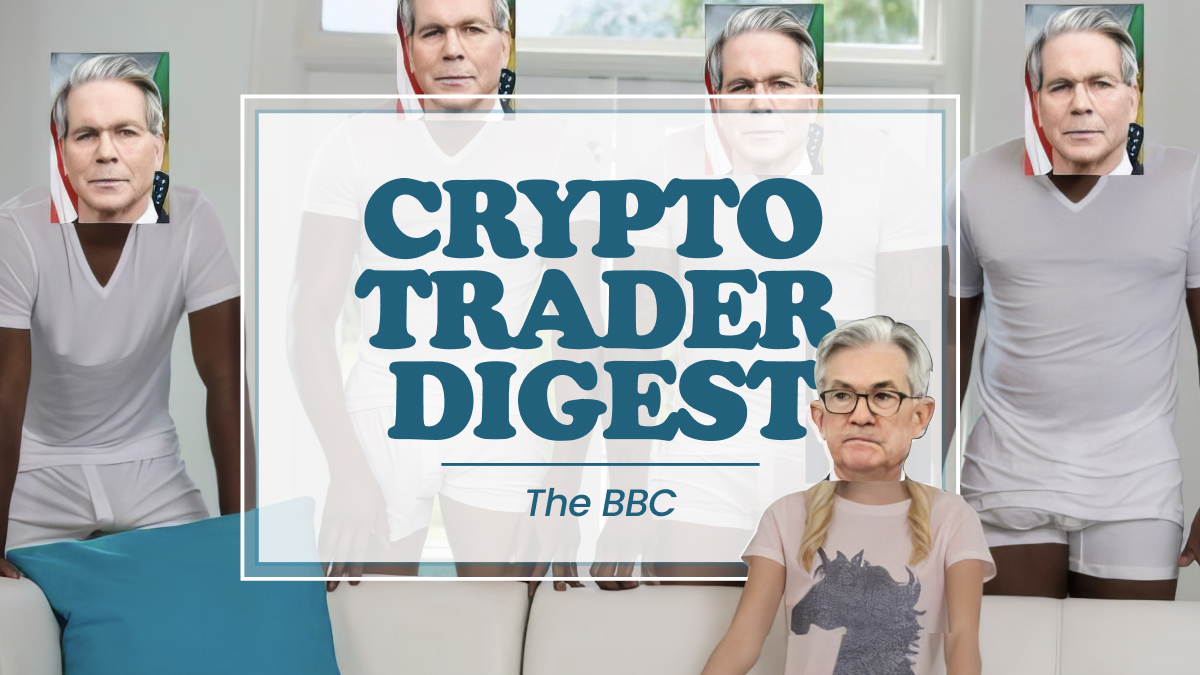Australia wants to impose stricter financial industry standards on exchanges and other virtual asset service providers (VASPs) under its proposed new framework for the digital asset sector.
In a recent document, the Labour government laid out proposals for the policing of the industry, molded after the European Union’s and Singapore’s approaches. The ‘Statement on Developing an Innovative Australian Digital Asset Industry’ seeks to “identify opportunities and manage risks, unlock innovation, protect consumers and uphold market integrity.”
The new framework will apply to any VASP that holds digital assets for consumers, including exchanges, custodial wallets, some brokerages, and any business redeeming tokenized payment instruments. However, it won’t affect any firm dealing in non-financial digital asset products or developing software for use by others.
VASPs covered by the new policy must adhere to “well-understood general obligations imposed on all financial service providers,” the document, published by the Treasury, says. This includes providing services fairly and efficiently and avoiding conflicts of interest. They must also meet the minimum capital adequacy obligations.
It starts with a new licensing regime. Australian digital asset firms have been operating under the supervision of the securities watchdog, the Australian Securities and Investments Commission (ASIC), which expanded the country’s Corporations Act last year to include the ‘crypto’ sector. ASIC has been pushing for VASPs to hold market licenses, which are more challenging to obtain and have many restrictions.
However, under the proposed framework, these firms will only need to acquire an Australian financial services license, which is much easier to obtain. The Treasury will work with ASIC to tailor the obligations of the license to fit the unique features of digital assets, the paper adds.
The Aussie government also intends to address the debanking of VASPs, where banks deny VASP services. It committed to better understanding the extent and nature of the practice and working with affected VASPs to ensure they access banking services.
Debanking is not unique to Australia, with digital asset firms in dozens of countries facing the same challenge, including in the most developed markets. In countries with more elaborate regulations for digital assets, such as Hong Kong, Singapore, and Japan, debanking isn’t as big a challenge as banks don’t fear regulatory repercussions when dealing with the sector.
Beyond digital assets, the Aussie government pledged to continue exploring a wholesale central bank digital currency (CBDC), acknowledging that there’s no clear public interest in a retail CBDC. It also intends to continue exploring tokenization and decentralized finance (DeFi), but is waiting on more advanced economies to provide guidance on the latter.
“We want to seize these opportunities and encourage innovation at the same time as making sure Australians can use and invest in digital assets safely and securely with appropriate regulation,” Treasury stated.
Pakistan “done sitting on the sidelines” with digital assets
Elsewhere, the head of a government unit pushing for digital asset adoption in Pakistan says the country is ready to fully embrace the sector with enabling regulations and government support.
Bilal Bin Saqib, who heads the Pakistan Crypto Council, says that the South Asian nation “is done sitting on the sidelines.”
“We want to have regulatory clarity. We need to have a legal framework that is pro-business…we need institutional adoption,” Saqib stated in an interview on Bloomberg TV.
The Council was launched a week ago as a government initiative to push for the adoption of blockchain and digital assets in Pakistan. It was formed following a meeting between the Finance Ministry and a delegation from the U.S., which included people close to President Donald Trump. Saqib, a renowned entrepreneur, was selected to lead the council and advise the finance minister on digital assets.
According to Saqib, Trump’s election has been the biggest catalyst for Pakistan’s revamped interest in digital assets. While he has been caught up in several sideshows, such as his $TRUMP memecoin and the National Strategic Reserve, Trump has been one of the biggest tailwinds for the sector. His election has forced several governments globally to reevaluate their approach to digital assets, resulting in positive regulations.
For Pakistan, digital assets are not new. The country is home to 15-20 million digital asset holders, says Saqib. It also consistently ranks among the highest adopters and has been in the top ten in the Chainalysis adoption index for the past four years.
Beyond offering better opportunities for the Pakistanis, Saqib believes regulating digital assets will also attract foreign investment, which dipped 45% last month.
Watch: Reggie Middleton on DeFi, booms/busts & crypto regulation

















 English (US) ·
English (US) ·